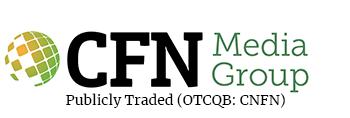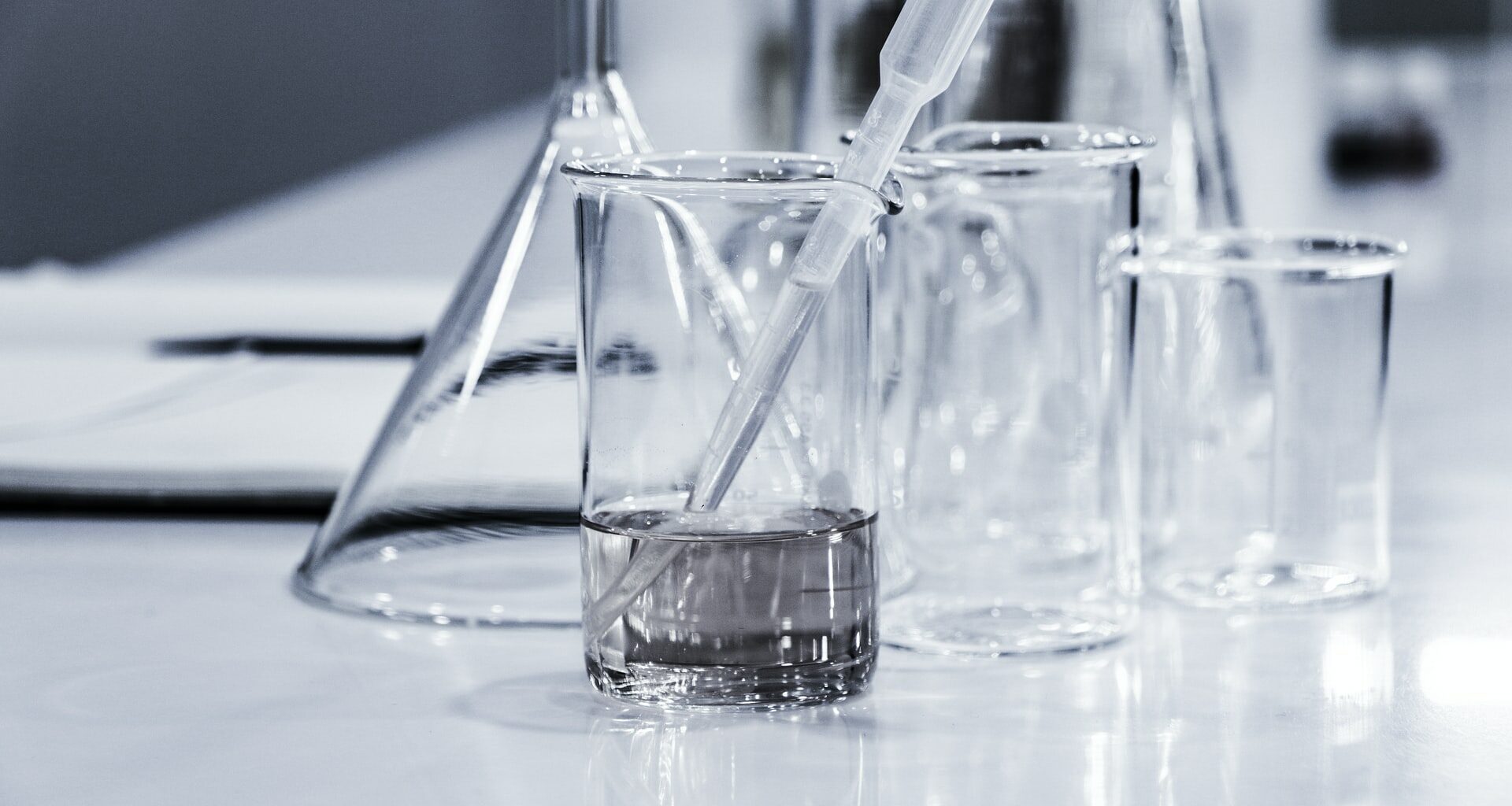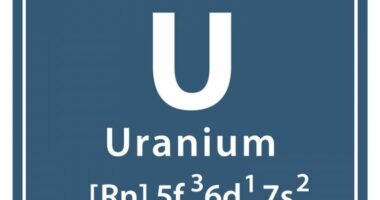When considering investment in a clinical-stage drug development company, it might be reassuring to know that there is a proven path to market success that has already been laid out by another company. As long as there is space for another treatment in the market, investors can get an idea of a developmental drug’s potential by looking at its predecessor’s performance. Such is the case with Cardiol Therapeutics Inc. (NASDAQ: CRDL) (TSX: CRDL) and its recently initiated Phase II study of CardiolRx™ for the treatment of recurrent pericarditis.
In March 2021, Kiniksa Pharmaceuticals, Ltd. received U.S. Food and Drug Administration (FDA) approval for ARCALYST® for the treatment of recurrent pericarditis, a heart condition that is relatively rare but highly problematic for those that suffer repeated bouts of the autoinflammatory cardiovascular disease. The path through the drug’s development process was aided by the FDA granting Breakthrough Therapy designation in 2019, and Orphan Drug status upon approval in 2020. ARCALYST® was launched shortly thereafter, in April 2021, so we have nearly 2 years of financial results to compare when looking at the potential for Cardiol’s candidate.
The Kiniksa Precedent
Pericarditis is the inflammation of the pericardium, the sac that surrounds the heart. Often caused by a viral infection, pericarditis results in debilitating chest pain, shortness of breath, fatigue, emergency room visits, and hospitalizations. If the condition returns after 4-6 weeks following the initial bout, it is called recurrent pericarditis. It’s estimated that 38,000 to 40,000 people in the U.S. each year seek treatment for recurrent pericarditis. Hospitalization for the disease can last a week or so and cost $20,000 to $30,000.
Kiniksa is targeting a subset of this patient population, about 14,000 people annually, who are not responding to conventional therapies or who have a complicating and persistent underlying disease. Launching in April, 2021, ARCALYST® brought in $38.5 million of net revenue over the balance of the year. The drug achieved profitability in Q4 2021 and was projected to bring in $120 million or so in net revenue in 2022. Kiniksa hit that number, reporting $122.5 of net revenue (unaudited) for the year.
There are some important details here to consider. Of the 14,000 patient target market, the company figures that approximately 5% were in active treatment at the end of the year so there is definitely room even in this subset for other therapies. Also, Kiniksa splits ARCALYST® revenues with Regeneron, from whom the company licensed the drug for the recurrent pericarditis indication.
Kiniksa’s main ongoing revenue driver is ARCALYST®, but the company received a short-term revenue boost from a licensing agreement with Roche and Genentech for the development of a separate drug. This agreement could result, eventually, in ongoing revenue for the company if the drug is approved and hits the market, but for now ARCALYST® is the sole commercial source of revenue. Kiniksa’s market capitalization of approximately $1 billion is an indication of the potential for the drug as it matures.
The Cardiol Alternative
Whereas ARCALYST® is considered a second or third line of defense for only the most persistent and problematic cases, and is very expensive, Cardiol’s CardiolRx™ is anticipated to be priced more moderately while potentially applying to a broader spectrum of recurrent pericarditis patients. CardiolRx™ is an oral formulation, while ARCALYST® is self-administered by injection. It is unknown at this time what the precise ratio between the pricing of the two drugs would be if CardiolRx™ were to gain approval, but its ease of use and larger target market (about 3x larger) would help to mitigate corporate revenue differences between the two.
These differences aside, the similarities provide a potential roadmap for Cardiol’s efforts. The Breakthrough Therapy designation may be on the table if CardiolRx™ is shown to be significantly more effective than current treatments. In fact, one of the goals of the trial is to investigate CardiolRx™’s potential to allow patients to wean themselves off corticosteroids, the most common current treatment for recurrent pericarditis. The Orphan Drug program is certainly in play due to the relatively small patient population and is part of Cardiol’s strategy for developing this drug for this indication.
The co-principal investigator for Kiniksa’s Phase II trial, Dr. Allan Klein, MD, of the Cleveland Clinic, is also the Study Chair for Cardiol’s Phase II study. His, and the Clinic’s experience investigating the very same disease should be beneficial. Cardiol is also using the Mayo Clinic in the trial. Cardiol very recently announced its first patient enrolled, with the study designed to include 25 patients in total for this phase of the investigation.
Cardiol previously presented data gathered by its research partners from Virginia Commonwealth University to The American Heart Association’s Scientific Sessions 2022. The study demonstrated that, in pre-clinical models and in vitro tests, pharmaceutically manufactured cannabidiol, the active ingredient in CardiolRx™, was effective in limiting pericardial inflammation while reducing the two types of inflammatory markers associated with pericarditis. This study built upon a wealth of previous research pointing to the cardioprotective and anti-inflammatory properties demonstrated by cannabidiol.
The Upshot
There is still a long way between the beginning of a Phase II study and the approval/commercial launch stage. For Kiniksa, it was about 2 ½ years between completing Phase II enrollment and gaining FDA approval. There is no guarantee that Cardiol will experience a similar timeframe or will be successful in its trial program. The potential for Breakthrough Therapy and Orphan Drug designations could certainly grease the wheels to some extent.
All that said, the parallels between the two programs sheds light on the potential for Cardiol’s clinical trial efforts. Should the company see CardiolRx™ all the way through to approval and commercialization, the valuation comparison to its current $49 million market capitalization will be almost comical. Investors might also consider the dynamic of clinical trial advancement through the stages tending to add value. Keep an eye on Cardiol as it moves through its trial program. The company also has a Phase II trial going for acute myocarditis, having enrolled the first patient in August 2022. For Cardiol Therapeutics, the future could be sooner and potentially brighter than is immediately apparent.










